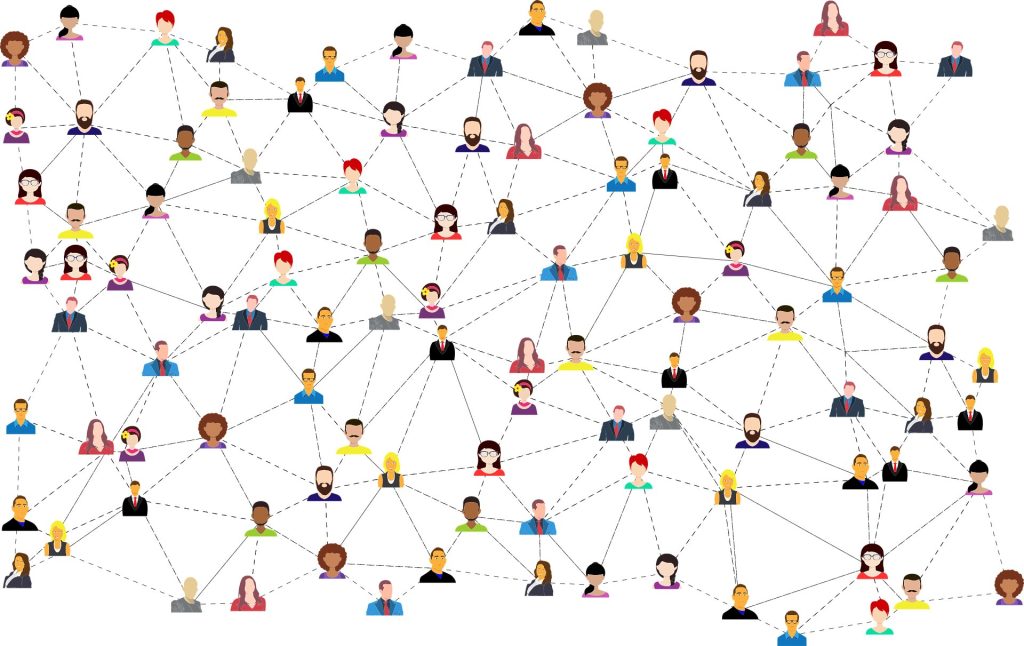In a world where lives can hinge on the kindness of strangers, understanding how we perceive organ transplant recipients can inspire empathy and action. A recent study sheds light on whether our perceptions of deservingness, influenced by race and circumstances, could bridge the gap between supply and demand for organs in need.

Becoming an organ donor is easier than ever, requiring just a few clicks when renewing your driver’s license or simply tapping on an app for iPhone users. Yet, despite rising registrations, the tragic reality is that the demand for transplants significantly outpaces available organs. In the U.S., someone is added to the waiting list every eight minutes, and every day, 17 lives are lost while awaiting their chance at a new beginning.
Simon F. Haeder, Ph.D., a dedicated health policy analyst at Texas A&M University, wanted to explore an important question: do Americans view some transplant recipients as more deserving than others? The findings, published in Social Science Quarterly, reveal a nuanced landscape of public opinion that intertwines with factors like race and individual circumstances.
Understanding the backstory, Haeder and his colleague conducted their compelling study by surveying 4,177 adults across the U.S. from March 18 to April 18, 2022. Participants were introduced to four scenarios, each featuring a different character requiring an organ transplant. These scenarios varied based on the character’s life circumstances and included identifiable names such as Ronny, DeShawn, Luis, and Yang, representing various ethnic backgrounds.
The characters’ stories were as diverse as they were revealing. One character required a kidney transplant due to a debilitating issue; another, after a lifetime in a coal mine, needed support because of black lung disease; a third was a COVID-19 patient who had not received the vaccine; and the last character faced alcohol use disorder, needing a liver transplant. This approach allowed researchers to glean insights into how societal factors play into considered deservingness.
Participants then rated each scenario using a five-point scale, indicating whether they believed the character deserved a transplant. They also shared their political leanings and views on race, allowing Haeder’s team to analyze how these factors intersected.
The results were telling. Respondents displayed a tendency to consider life circumstances over racial identity when determining eligibility for transplants. Those grappling with black lung disease received the most support, followed by the kidney patient, while the unvaccinated COVID-19 individual and the character with alcohol use disorder received lower endorsements.
Interestingly, the study found that while individuals suffering from alcohol use disorder are recognized as facing a disease, the stigma surrounding this condition often leads the public to view them as less deserving of care. Haeder noted that, notably, there were no significant racial disparities in outcomes; support occasionally favored racial and ethnic minorities rather than disadvantaged them.
As the conversation around organ transplants evolves, a vital question emerges: should public sentiments guide the allocation of these scarce resources? Aligning transplant decisions with community perspectives may encourage more individuals to become donors, but it also raises ethical concerns about how to fairly evaluate eligibility amidst the pressing need for organs.
Haeder emphasized the potential of these findings to inspire innovative solutions to the ongoing organ shortage, highlighting how understanding our collective attitudes can play a crucial role in saving lives. By fostering an environment of compassion and openness, we can turn the tide on this critical issue, ensuring that more individuals receive the life-saving transplants they desperately need.
More information:
Steven M. Sylvester et al, Who’s to Blame? How Recipient Deservingness Influences Attitudes About Access to the Organ Transplants, Social Science Quarterly (2025). DOI: 10.1111/ssqu.70021
If you would like to see similar science posts like this, click here & share this article with your friends!




